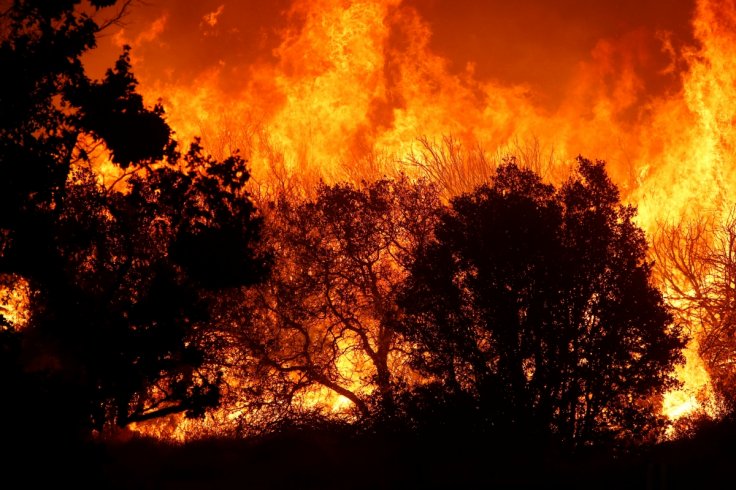Over the years, environmentalists have tried to show how dangerous this planet is becoming and where we are heading. Now an international team of scientists has warned about the climate crisis and the looming mass extinction.
Seventeen scientists, including Professor Paul Ehrlich from Stanford University, author of 'The Population Bomb', and experts from the US, Mexico and Australia said that our world is in a much worse state than we know. The Stanford expert, Ehrlich, explained that environmental deterioration is "infinitely more threatening" to the civilization than "Trumpism" or Coronavirus pandemic.

According to the scientists, the planet is facing a "ghastly future of mass extinction", declining health, as well as climate-disruption upheavals and this is what threatens the survival of humans due to ignorance towards the dramatic changes in the environment.
The scientists pointed out the issues inside a report in Frontiers in Conservation Science with references to more than 150 studies which include details of the world's major environmental hurdles. "The scale of the threats to the biosphere and all its lifeforms – including humanity – is in fact so great that it is difficult to grasp for even well-informed experts," wrote 17 scientists.
Unnoticed Environmental Problems
The experts claimed that the delay between the destruction of the environment and the impact of these actions indicates how unaware people are of the vast problem. "[The] mainstream is having difficulty grasping the magnitude of this loss, despite the steady erosion of the fabric of human civilization," they added.
The paper noted that the gravity of the situation requires fundamental changes to global capitalism, education and equality. This includes the abolition of perpetual economic growth, properly pricing externalities, a rapid exit from fossil-fuel use, strict regulation of markets and property acquisition, reigning in corporate lobbying, and the empowerment of women.
This report comes a few months after the world failed to meet a single UN Aichi biodiversity target. This is the second consecutive time when world governments have failed to meet their 10-year biodiversity goals. This week jointly over 50 countries committed to protecting almost a third of the blue planet by 2030.
According to a UN report, almost one million species are at risk of extinction and some of them could go vanish from the planet within decades, while another report claimed that the Amazon rainforest, the lungs of the world, will be destroyed by 2064.

In the paper, 17 researchers argued that more and their continued growth are also drivers of soil degradation and biodiversity loss. They explained that the more population means the increase in synthetic compounds and dangerous throw-away plastics, many of which add to the growing toxification of the planet. "It also increases the chances of pandemics that fuel ever-more desperate hunts for scarce resources," the experts added.
Even though climate emergency is more evident than biodiversity loss, society is still failing to cut emissions, wrote scientists in the paper. Professor Daniel Blumstein from the University of California Los Angeles, who helped write the paper said people should understand that there is more to do apart from taking individual actions. "Our point is that we need big systematic changes and fast," he added.









